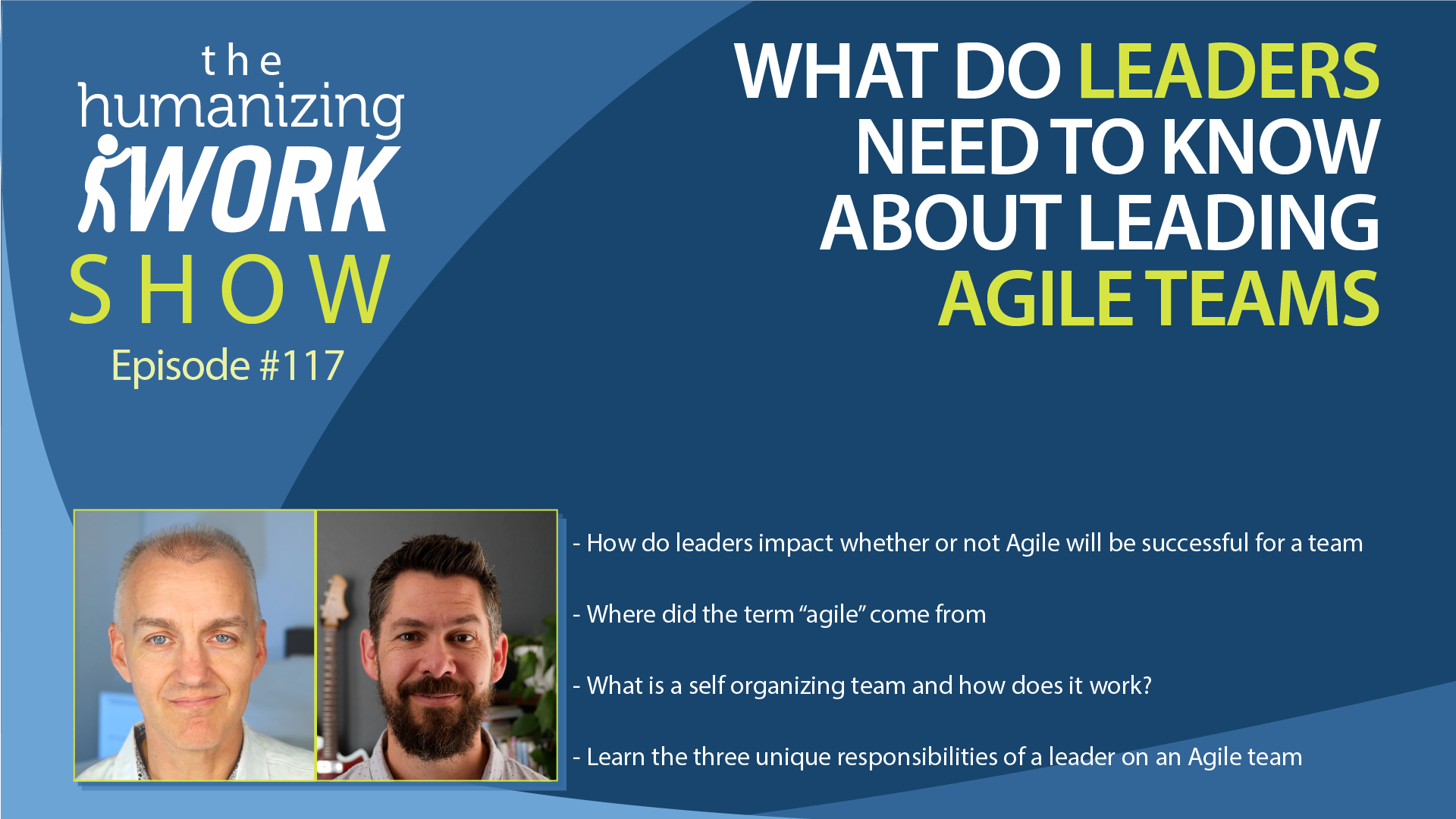My Home Office Video Setup
Before we get into the details…I’m aware this is probably overkill for a lot of what I do, and almost certainly overkill for the average… Read More
Before we get into the details…I’m aware this is probably overkill for a lot of what I do, and almost certainly overkill for the average… Read More
There are a few common mistakes people make when it comes to reviewing work-in-progress. One is to treat it as simply a demo. “Here it… Read More
We all know early feedback on work can be useful, but it’s hard to do. We want to show people things when they’re all polished and when we feel proud of the product. Not to mention, most people don’t know how to give feedback well. In this episode, Richard and Peter introduce an approach to getting feedback that solves these problems and makes early feedback low-risk, productive, and encouraging. Read More
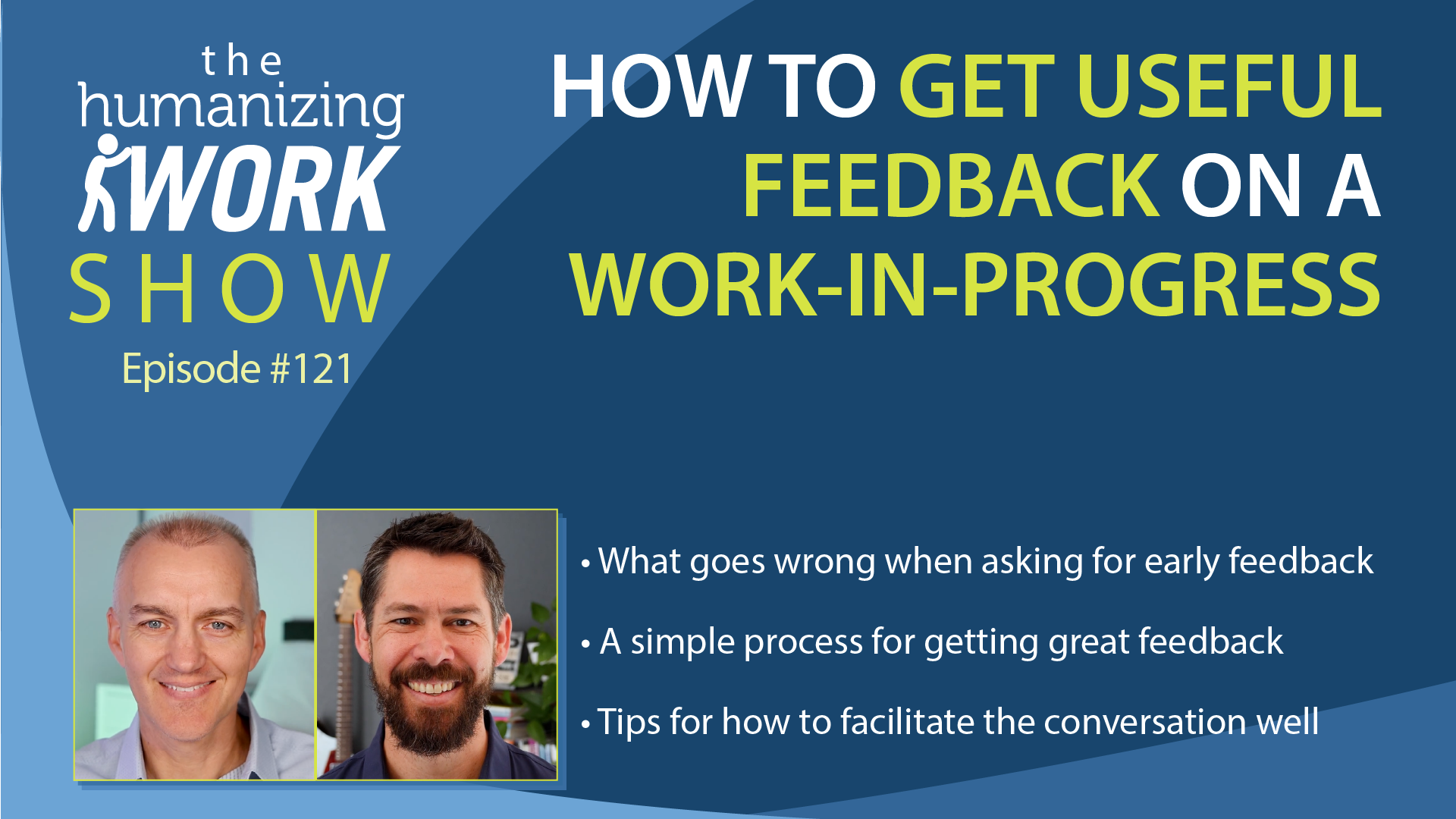
Why is change so hard? Why do we say we want to make changes but then, so often, fail to actually make the change stick? In this episode, Richard and Peter dive into psychologists Robert Kegan and Lisa Lahey’s work on immunity to change and how to overcome it. Read More
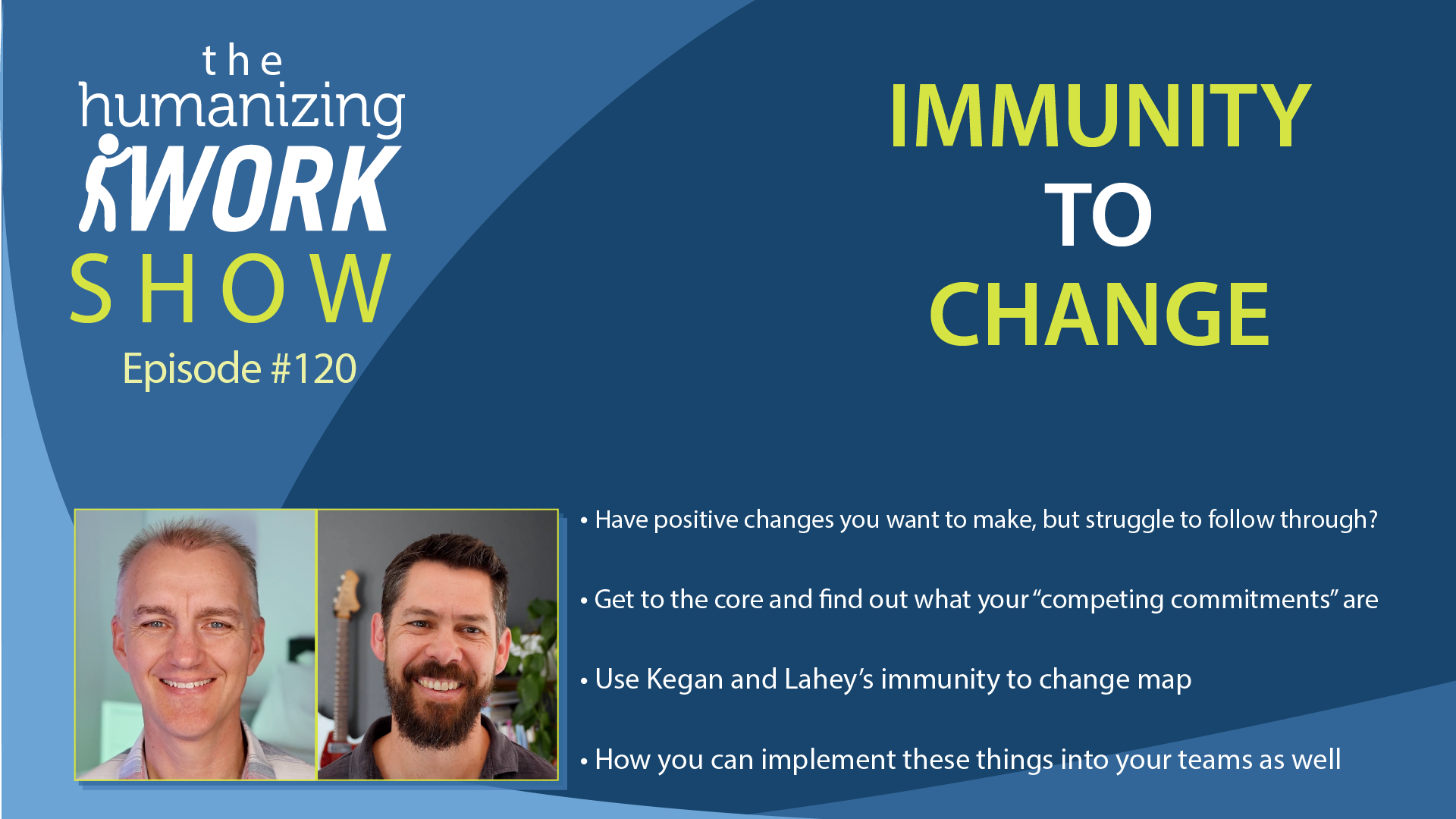
A central fact about coaching is that the coach doesn’t execute. A golf coach never hits the shot for the golfer. A business coach never… Read More
Typical status reports start out green, go yellow if issues pop up, and only turn red if things get really, really bad. In this episode, Peter and Richard explain why status reports should have to “earn green” and how you can use this mindset to find good places to start on any initiative (even if you’re not actually creating status reports). Read More
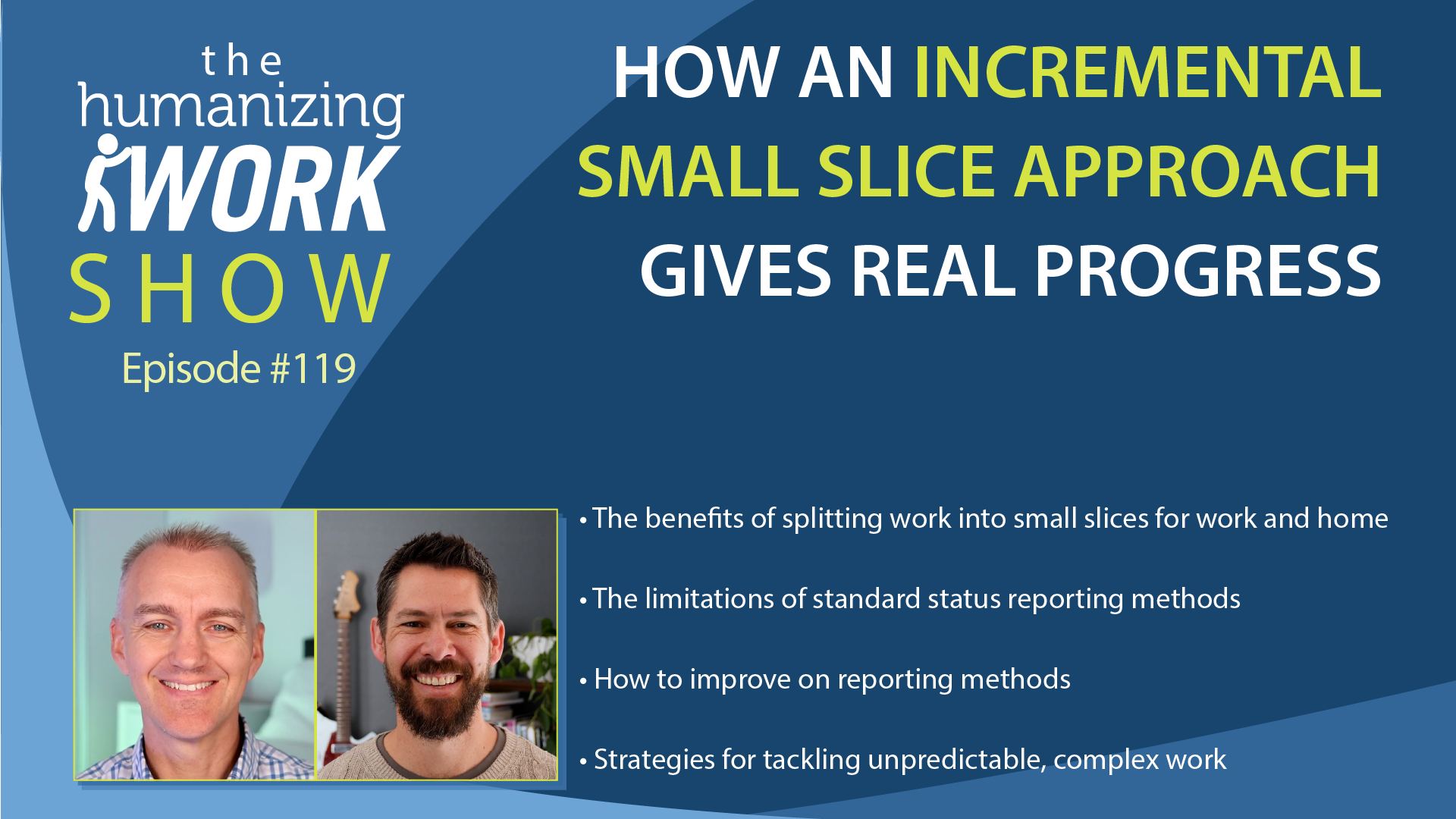
A big part of being a leader—at any scale—is making decisions. Whether that’s an executive deciding to invest in one area over another, a… Read More
Conflict is a natural result of trying to get things done with other people–we have different perspectives and want different things. It’s easy for that to turn into a battle of egos, but it doesn't have to. You can move through conflict gracefully, coming out of it with better outcomes, both in terms of the decision and the relationship. In this episode, Peter and Richard share the 3 tools they find most useful for resolving conflict and producing great outcomes. Read More
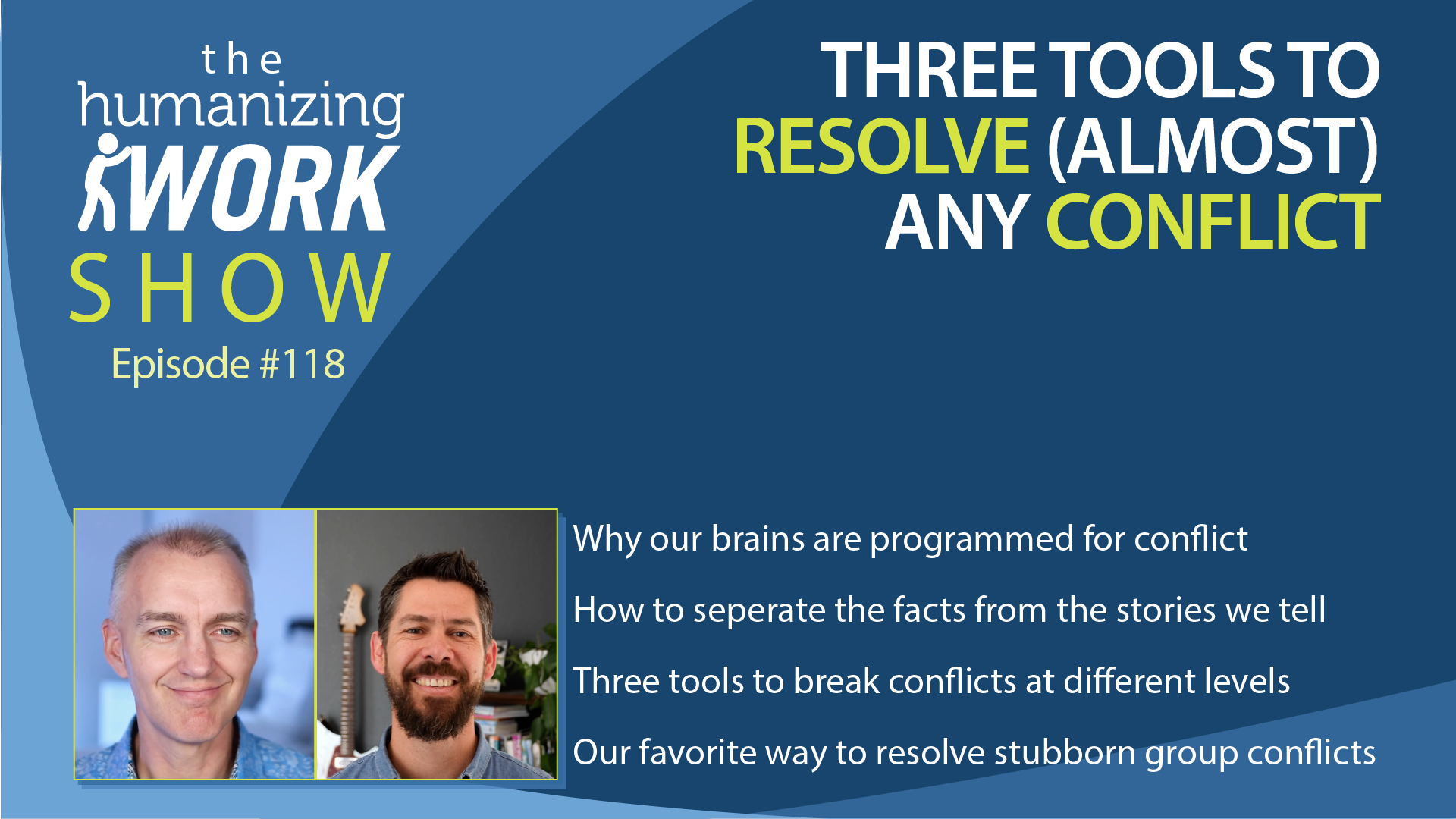
A common question we get from Scrum course participants: “How long should backlog refinement take?” The latest Scrum Guide says this about backlog refinement:… Read More
Leaders have a huge impact on whether Agile teams in their organization are going to be successful or not. In this episode, Peter and Richard share the most important things leaders need to know if they want to help their Agile teams get the best results. Read More
